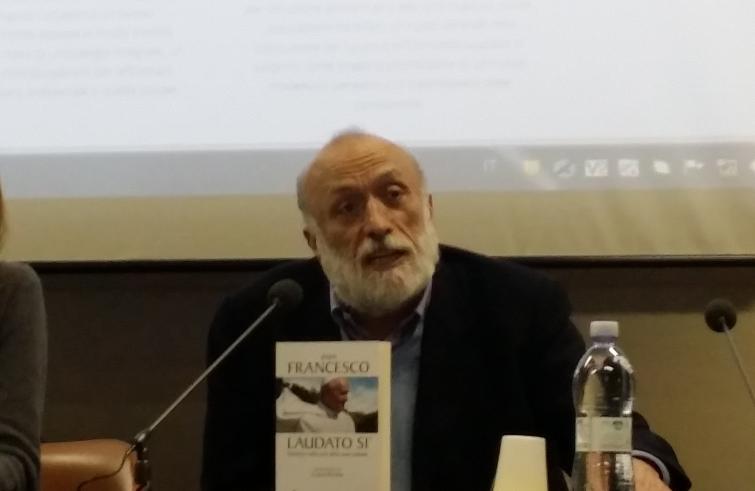Environment
On Saturday July 28 the first Forum of Laudato Sì Communities will take place in the Italian town of Amatrice, a project promoted by the diocese of Rieti and by Slow Food. The meeting will focus on the impact of plastic pollution and good practices to counter it. We addressed the subject with Carlo Petrini, founder of Slow Food

On Saturday July 28 the first Forum of Laudato Sì Communities will take place in the Italian town of Amatrice, a project promoted by the diocese of Rieti and by Slow Food, a not-for-profit organization committed to restoring “the value of food, in full respect of its producer, in harmony with the environment and ecosystems.” Pollution caused by the use and abuse of plastic, with special focus on its repercussions of the sea ecosystem and on mankind, is the theme of the meeting with over 120 registered participants. Speakers include two marine biologists, Roberto Donovaro, Professor at the Polytechnic University of the Marche region, and Silvestro Greco, Professor at the University of Gastronomic Sciences in Pollenzo as well as Claudia Silvestrini, President of Polieco – a national consortium for polyethylene-based waste recycling. The afternoon session will be devoted to the exchange of experiences, with the participation of Serena Carpentieri, vice-Director and coordinator of Legambiente environmental association campaigns, ENEA researcher Loris Pietrelli, and Elisabetta Cremonini from Olitalia, representing business activities engaged in reducing the use of plastic in manufacturing processes.
 During the Forum, architect Stefano Boeri will present the project “Casa del futuro-Centro studi Laudato si’” and the multimedia exhibition pavilion, due to form part of the future Diocesan Museum of Amatrice, will be inaugurated. SIR asked the founder of Slow Food Carlo Petrini to illustrate the first edition of the Forum.
During the Forum, architect Stefano Boeri will present the project “Casa del futuro-Centro studi Laudato si’” and the multimedia exhibition pavilion, due to form part of the future Diocesan Museum of Amatrice, will be inaugurated. SIR asked the founder of Slow Food Carlo Petrini to illustrate the first edition of the Forum.
What is the meaning of this Forum held a few months after the establishment of the first Laudato Sì Communities in March?
The Forum is meant to be an occasion for formation and reflection open to everyone, dedicated to environmental issues and linked to integral ecology. Just a few months have passed and the Communities are increasing day after day. We hope there will be one hundred in all of Italy by next fall, including some communities abroad. Each of these Communities has its own local environmental education and protection program. In this respect I wish to highlight our three-year commitment in support of the “Home of the future –Laudato Sì Study Centre” on environmental issues and their social repercussions in the town of Amatrice, a symbol of the earthquake of August 24 2016.
Why was Amatrice chosen as the venue of the first meeting? 
When faced with tragedies like an earthquake public opinion tends to be strong and generous at the beginning, but with the passing of time solidarity ebbs away. We deem it necessary for these issues to be given the attention they deserve in order to ensure constant support to the affected communities. Thus in its capacities as Laudato Sì Community it was decided to promote an annual event in Amatrice dedicated to the environment on the wake of the reflection of the encyclical Laudato Sì, the extraordinary document by Pope Francis published three years ago. Amatrice is a territory scarred by the earthquake, that is waiting to be reborn, or, as Msgr. Pompili said, to be regenerated. This is our commitment.
This year’s Forum will address the theme of pollution caused by the use and abuse of plastic, in the wake of the World Environment Day of June 5 against “single-use plastic waste”…
Our reflection will focus on reducing plastic waste. It’s a phenomenon of dramatic proportions, whereby microplastics enter the food chain that has devastating effects also on our health. In the Forum, experts and scholars will address all aspects of this issue.
We are planning to draw up a Code of Conduct during the meeting, for citizens and businesses alike.
We need to change our daily habits. “Disposable” plastics are those that we use every day and which, according to studies, destroy the environment more intensively. These include, for example, plastic plates, glasses, cutlery, straws, balloon sticks.
Which good practices could stop these contamination processes?
 We can’t renounce plastic but we can reduce its short term consumption. Let us start, for example, by not using plastic straws for drinks. By changing our individual habits we can occasion a change at collective level while laying the grounds for educating the young generation. I consider it to be the underlying appeal contained in Pope Francis’ encyclical addressed not only to Catholics but also to all those who have at heart the future of our Mother Earth.
We can’t renounce plastic but we can reduce its short term consumption. Let us start, for example, by not using plastic straws for drinks. By changing our individual habits we can occasion a change at collective level while laying the grounds for educating the young generation. I consider it to be the underlying appeal contained in Pope Francis’ encyclical addressed not only to Catholics but also to all those who have at heart the future of our Mother Earth.
A few days ago Environment Minister Sergio Costa announced that Parliament will adopt a law to counter plastic pollution and for the protection of marine life. What is your opinion?
I consider it an important sign in this direction. I also think that due reflection should be made on not only on the proportions of recycled materials but also on the recycling methods adopted and on the diversity of products, each requiring different forms of recycling.
A lot still needs to be done.
With reference to natural disasters, over the past days wildfires have destroyed vast areas of land in Greece, with many left dead or wounded. What lesson can be drawn by these incidents?
I was shocked by what has been happening in Greece. However, notwithstanding the possibility of arson as its cause, that is not being excluded by the same Greek authorities, we cannot fail to consider the ongoing climate change that influences our behaviours. There have been unpredictable rain bombs and accelerating tropicalization in our regions. The natural environment is calling upon us to take action with specific signs that unfortunately fail to trigger appropriate action on the part of institutions and of the population at large, considering the extreme climate changes underway. The Laudato Sì Communities start with this reflection: people can change the course of history, through their behaviour, their awareness, and their determination. If we are headed towards a chasm, the multitude can reverse the course.